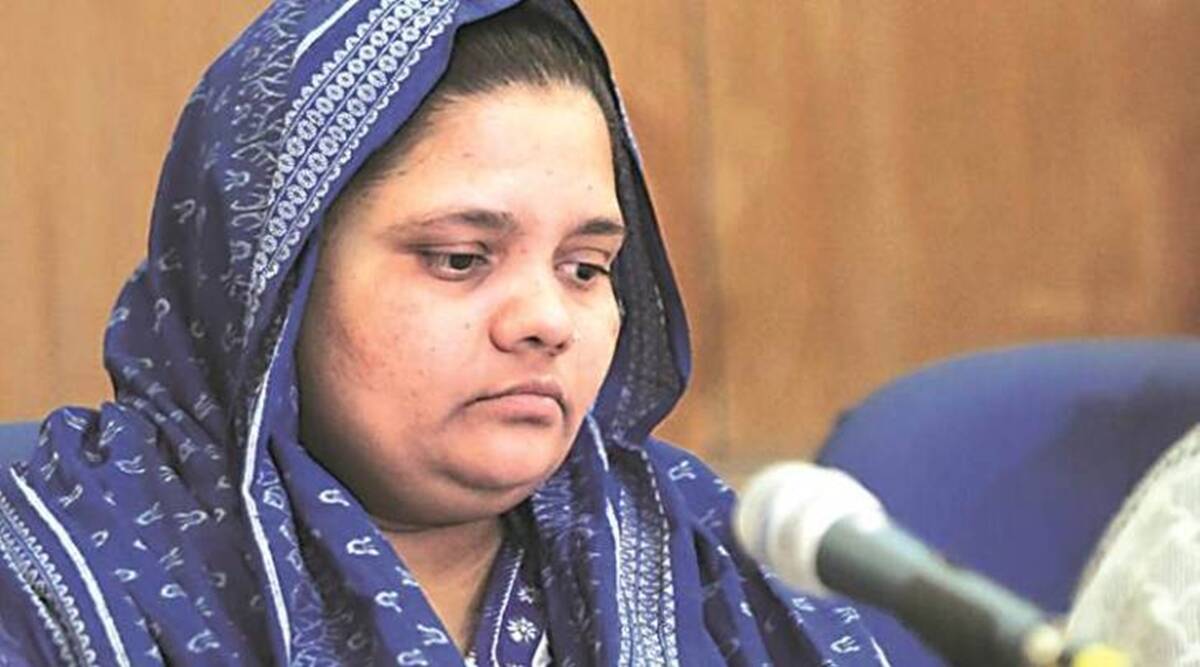The Supreme Court on Thursday issued notice to the state government, agreeing to hear a petition challenging the Gujarat government’s decision to exempt 11 convicts in the Bilkis Bano case.
A bench headed by Chief Justice of India NV Ramana allowed the acquitted convicts to be made parties in the case. A bench of Justice Ajay Rastogi and Justice Vikram Nath posted the matter for hearing after two weeks.
Bilkis was gang-raped and his three-year-old daughter Saleha was among 14 people killed by a mob on March 3, 2002, in Limkheda taluka of Dahod district during the Gujarat riots. Bilkis was pregnant at the time.
On 15 August, the Gujarat government released all 11 convicts in the case, who had been sentenced to life imprisonment in 2008, citing the “consensus” recommendation of the Jail Advisory Committee (JAC) to treat them as “good behaviour”.
The court said the question is whether the mind was exercised while considering the issue of exemption and whether it was within the norms of law. The bench was hearing a plea by CPI(M) leader Subhashini Ali, journalist Revathi Laul and educationist Roop Rekha Verma.
The Gujarat government’s counsel argued that the three women petitioners are “strangers” to the case and have no stand before the court. While the SC did not agree with this, Justice Rastogi asked the petitioners’ counsel Kapil Sibal why an exception should be made in the matter from granting the exemption. “Day and day, the convicts serving life imprisonment are given exemption. What is the exception (in this case),” he asked.
As Sibal stated the facts of the case, Justice Rastogi asked: “Merely because the Act was appalling, is it sufficient to say that exemption should not be granted?”
During the hearing, CJI Ramana also clarified that the SC did not “allow remission” of the convicts.
In May, following a petition filed by one of the convicts, Radhesham Shah, the SC bench of Justices Rastogi and Nath ruled that although the trial in Bilkis case took place in Maharashtra, the Gujarat government would be the appropriate authority to grant the exemption. For 11 convicts based on the 1992 policy which allows early release of life convicts.
In 2004, citing “extraordinary circumstances”, the SC shifted the trial from Gujarat to Mumbai.
